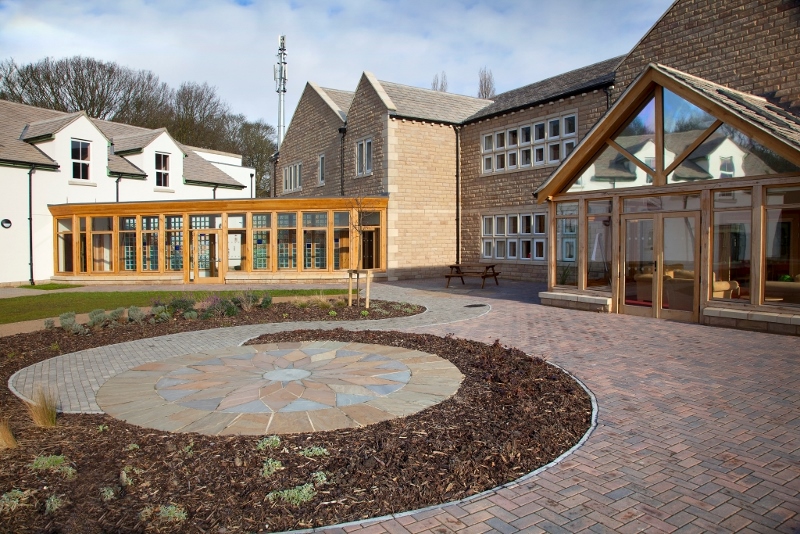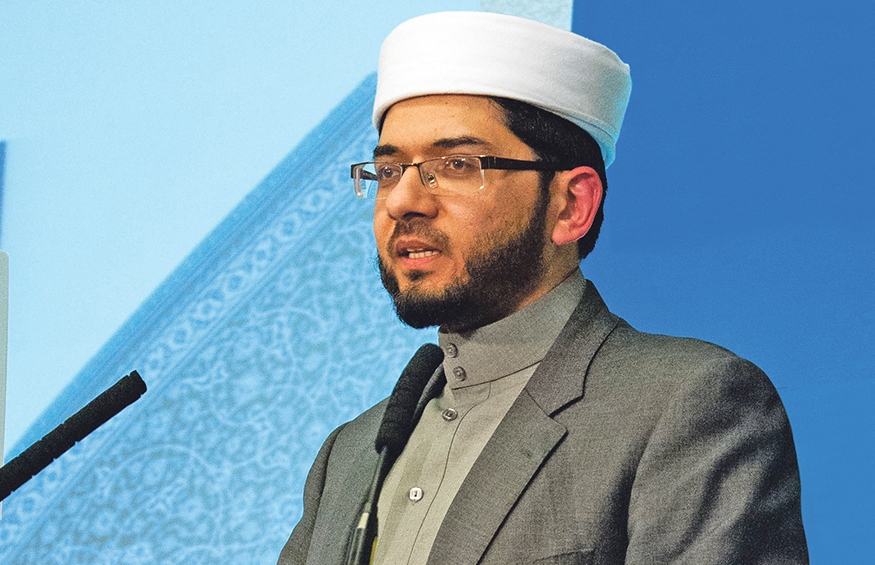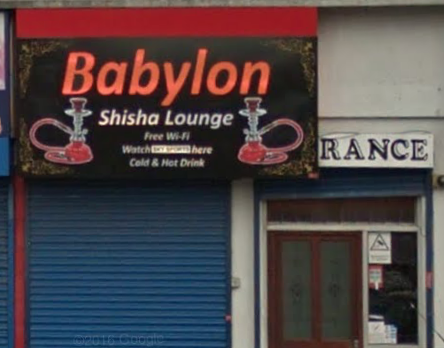
The law of property ownership can be a study in contradictions. On the one hand, almost everyone will rent or buy property in some way during their lives. On the other, the law itself often relies on fairly arcane distinctions going back hundreds of years.
One of the major distinctions the law draws is between freehold and leasehold ownership. To own freehold is to own outright and forever, without obligation to someone with a better title to the land. To own leasehold is to receive a limited degree of ownership from someone else – either the freeholder or another leaseholder. The difference between having a 1,000 year lease of a flat and renting for six months under an Assured Shorthold Tenancy is just one of degree.
Leasehold ownership has traditionally been used either for short term occupation or for longer term residency where owning the specific land is not practical, most commonly with flats. Hence the freeholder might own the land and the building exterior while the leaseholders each own the interior of their own flats. Who owns what – and therefore who is responsible to pay for repairs, for example – can be a contentious legal matter. However, owning a house has traditionally been a matter of owning a freehold title in most parts of the country.
Recently, however, this has begun to change. Some modern housing estates, rather than being parcelled out into freehold plots, have been retained by the developers, with the houses sold as leaseholds. This is a less attractive prospect for the buyer for a number of reasons. Firstly, all leaseholds attract rent, even if it is a nominal sum (“a peppercorn” in legal parlance). Whilst the annual sum may only be a hundred pounds or so, this represents a sizeable long-term source of profit for a developer retaining the freehold to hundreds of such leases. Secondly, a leaseholder has obligations and restrictions imposed by the lease, including limits on building extensions or altering the fabric of the property. Leaseholders do not have the freedom to do what they wish with their properties – their homes are not their castles, but only outposts in someone else’s property empire. If the buyer later treats the property in a way that breaches the terms of the lease, the freeholder would be entitled to take legal action to seek compensation, a reversal of any unauthorised changes to the property or, in the worst case, the termination of the lease.
Britain is undergoing a housing shortage, with consequent high prices meaning that buying a property is out of reach for many trying to get on the property ladder. That an increasing proportion of new properties are being sold as leaseholds rather than freeholds, and without any real reduction in price, is an unwelcome additional pressure on buyers, who are being asked to pay more, but may be getting less and less.
At Blacks, we have experienced lawyers who have a wide range of expertise in all aspects of property law from purchasing freehold and leasehold residential and commercial property to dealing with all aspects of disputes for landlords and tenants to boundary disputes. If you require any advice or assistance please contact Luke Patel on 0113 227 9316 or by email at “LPatel@LawBlacks.com”.















